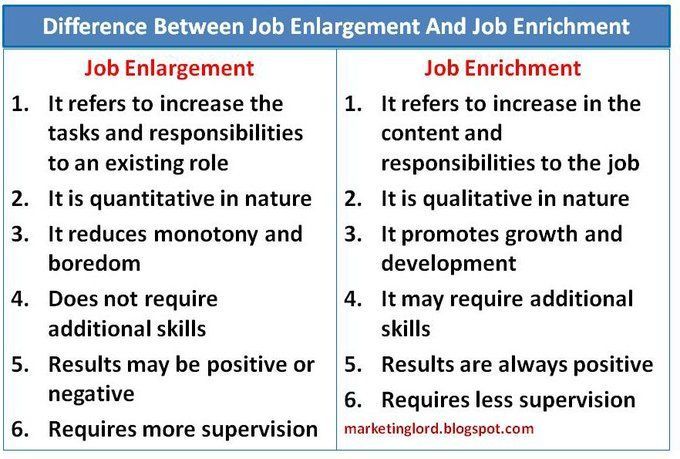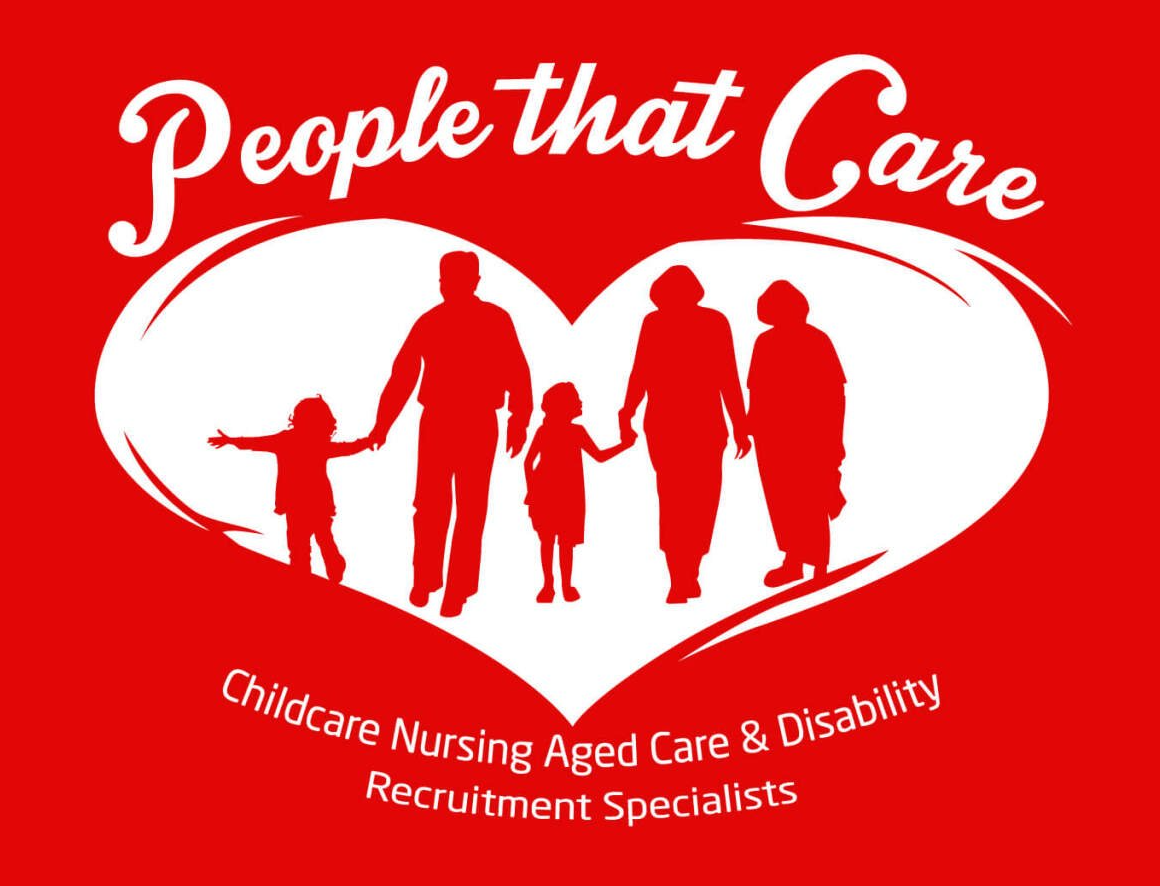Happier, healthier, smarter kids.
According to Psychology Today emotional intelligence (also known as emotional quotient or EQ) is the ability to identify and manage your emotions, as well as the emotions of others.
It includes skills such as emotional awareness, which is the ability to notice and name your emotions, the ability to harness those emotions and apply them to tasks like thinking and problem solving, and the ability to regulate your emotions (when necessary) and help others do the same.
The development of emotional intelligence is a hugely important life skill for children and at Little Hands Early Learning Centre children are proactively and deliberately taught emotional intelligence skills in every aspect of their childcare day.
We spoke to Ellen Perkins the owner of Little Hands ELC to learn more.
Ellen trained in psychology and found her way into early education following a trauma that caused her to reevaluate her priorities and leave a lucrative career in property development to refocus on psychology, more specifically positive psychology in early education.
After thoroughly researching EQ, Ellen started running workshops for parents in early learning centres and created a book of feelings for children called Real Feels.
Then came COVID and, following a period of deep reflection, Ellen and her partner John, decided that running an early learning centre would be the best way to extend Ellen’s passion for supporting children and families to develop greater emotional awareness.
Little Hands is an 88-place centre on a quiet hilltop in Southport Queensland, with a team of 15 educators who are inducted to the world of emotional intelligence by completing Ellen’s EQ Advantage Workshop.
Through completing the workshop educators learn the skills to teach children emotional intelligence by developing their self-awareness and emotional regulation and through providing them with the tools and strategies they need to turn challenges into positive learning experiences.
“What a lot of people don’t know is that there is a direct link between emotional intelligence, and academic success, healthy relationships and a happy life.
What is also little understood is that we are not born with emotional intelligence but it is a very learnable skill,” said Ellen.
Ellen says that while the concept of EQ has been around for 20 years or so, it is fairly new to the education sector and she is not aware of any other early learning centre dedicated to emotional intelligence.
“I am fascinated in the development of a child’s self-awareness, as all effective learning stems from this.
When a child pays attention to their feelings they are more in tune with their environment, they are more open to experiencing the world, they know how to stay safe and when to take smart risks, and their brains are switched on to what inspires them, which helps them discover the path they were destined for.”
Teaching emotional intelligence on a daily basis
Development of children’s self-awareness and emotional intelligence is incorporated into the daily practice at Little Hands in a variety of ways. This includes:
- Emotion coaching, which is the concept of using a child’s difficult feelings as opportunities to connect with empathy, develop their awareness of their feelings, and help them problem solve.
- Emotion modelling, which is when educators act as a role model for healthy emotional regulation and expression of feelings. Educators know that children learn a lot by observing how the adults around them manage their own feelings, and how they interact with the world. You could call it teaching by being.
- Educators regularly spend time talking about different feelings and reading feeling books. They discuss what happy, mad, sad emotions feel like in the body and in doing this they teach children that all feelings are normal. They also share ideas on how to manage difficult feelings in a healthy way.
- Meditation and yoga programs to raise children’s awareness of the messages their body is sending them and so they can learn how to calm themselves when they’re overstimulated.
- Visits by the centre’s wellness dog in training, Charlie. Therapy dogs are scientifically proven way to calm children down, reduce anxiety, build feelings of trust and raise spirits and Charlie visits twice per week.
Tackling common challenges
Ellen says that while emotional intelligence is of great benefit to children, it is also hugely helpful to mums and dads, especially as they come face-to-face with some of the common challenges of parenting.
“Probably the biggest challenge for parents of pre-school children (and any-aged children!) is getting their kid to listen. Parents often report they feel frustrated and exhausted, after repeating the same instructions over and over again. I was very much one of these parents.”
Ellen says there are two points parents should keep in mind when faced with a child who is not listening (or one of the other challenges):
1. Remember, you’re not alone
2. There is always a solution
“Parenting doesn’t come with a handbook and all parents are just learning on the run. I cover this in my workshops where we break down patterns and teach parents strategies to help them manage challenging behaviours.”
Ellen says emotional awareness also helps
“Emotional awareness is being aware of your feelings, as you feel them. It may sound simple but only about 33 per cent of people can accurately name their emotions as they are experiencing them. Emotional awareness also means awareness of how other people are feeling, i.e. having empathy.
“When you have empathy, you can put yourself in your child’s shoes and respond to their emotions in a way that makes them feel safe and loved.
“In other words, you become their go-to person when they are feeling mad or sad, because they know you will help them feel good again.
“Emotional awareness really is the keystone to healthy relationships and a peaceful home.”
Emotional intelligence...it’s never too early to learn.
BY BONNIE LAXTON-BLINKHORN, KINDICARE
Source: https://kindicare.com/parenting-tips/happier-healthier-smarter-kids


People That Care Australia does not receive any funding to operate its business. All profits are used to improve the service we offer to Jobseekers.
USEFUL LINKS
FOLLOW US
STAY INFORMED
You need a helping hand with your project?
We will get back to you as soon as possible
Please try again later
CONTACT US
Contact Us
We will get back to you as soon as possible.
Please try again later.
All Rights Reserved | People That Care Australia
Made with 💛 by Shazamme
